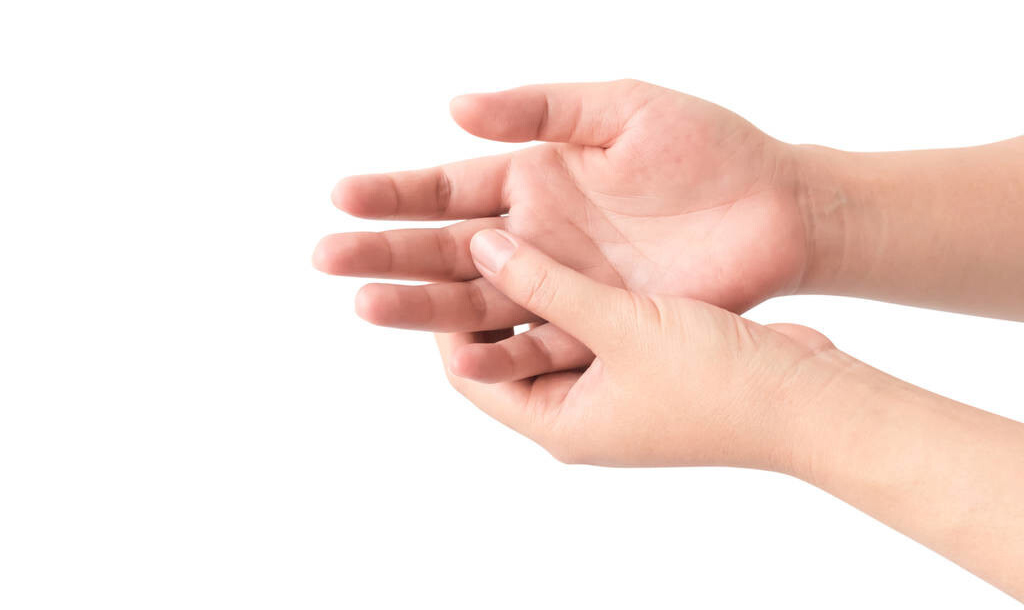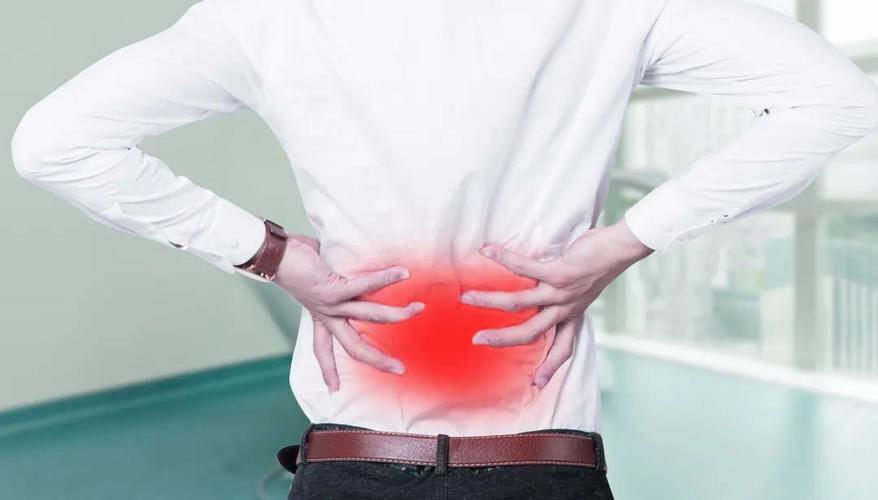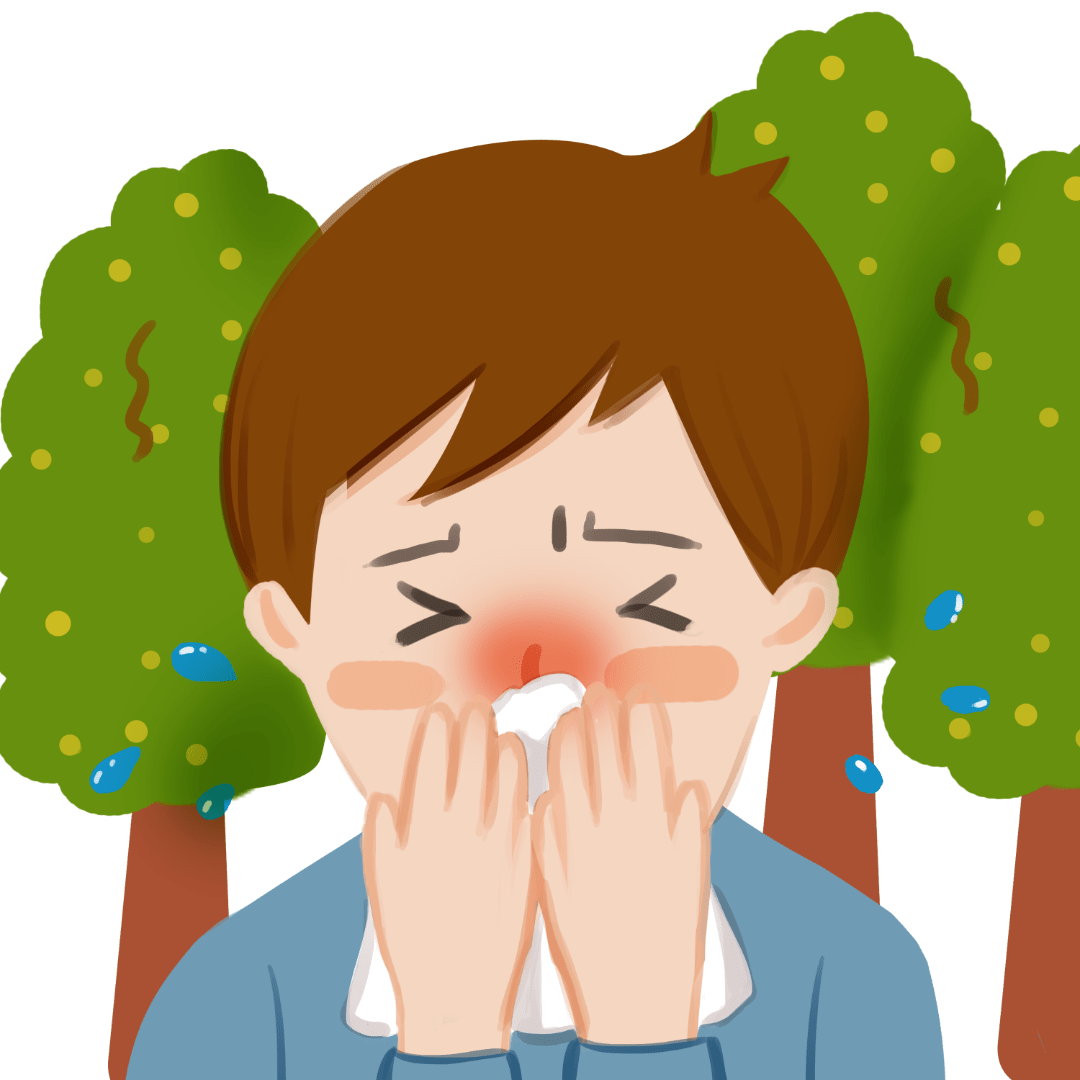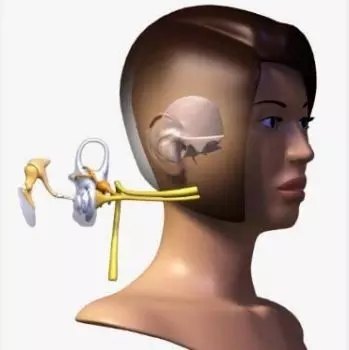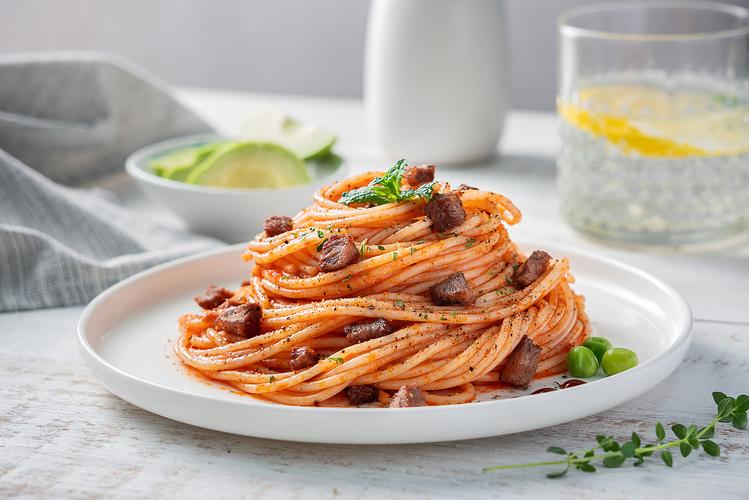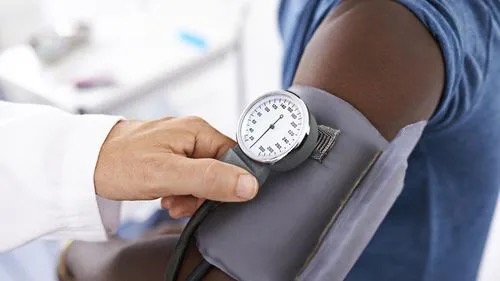We're already halfway through the year, and those of you who care about your health will have had your annual checkups, but this time of year there will be some people who have been diagnosed with gallbladder polyps. This sounds like a serious disease, and many people are scared to learn that they have gallbladder polyps. Is it serious? How can I treat it? Don't panic! To learn more about gallbladder polyps, read on.
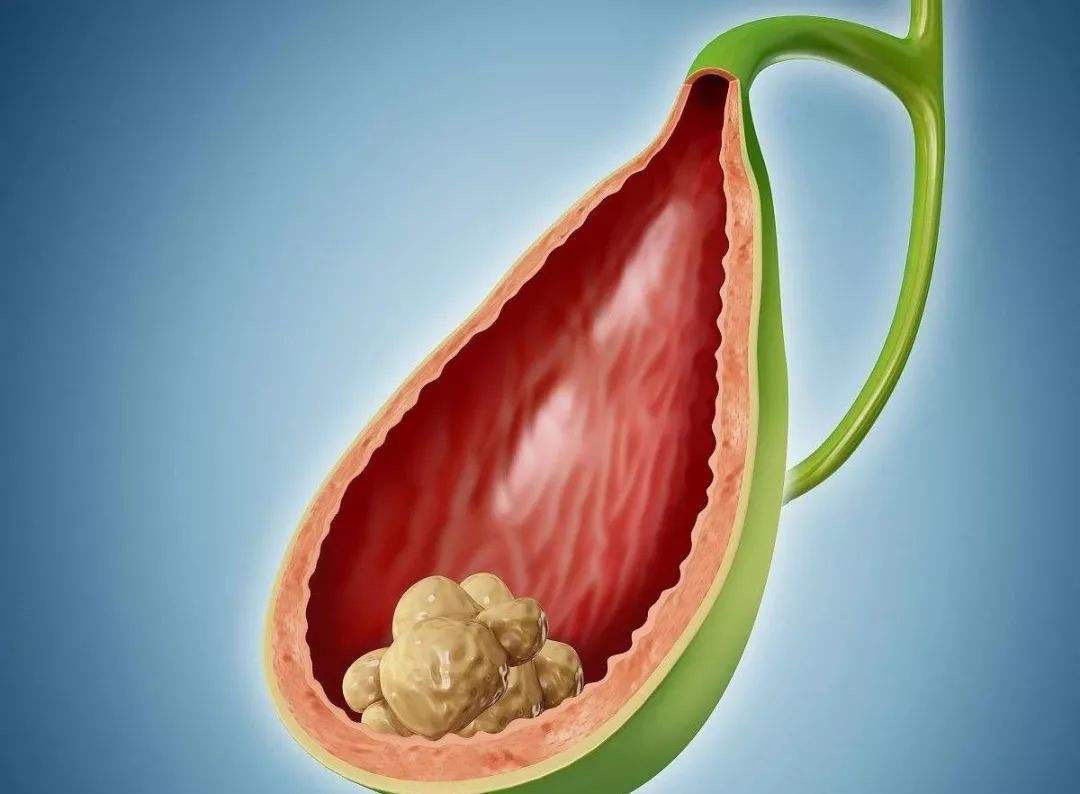
Understanding this condition starts with some knowledge about our gallbladder. The gallbladder is a storage vessel for bile, which passes from the gallbladder into the intestines to facilitate the digestion and absorption of fats when we eat, especially after eating something greasy.
When it comes to gallbladder polyps, they're like little raised "bumps" on the wall of the gallbladder. But not all bumps are the same, and some are more dangerous, like potential "bad guys". These bad eggs are called tumour polyps, and they can turn into gallbladder cancer, a pretty scary thing, kind of like a tumour-turned-monster. So, if you find yourself with one of these bad eggs, don't take it lightly, take it very seriously. But don't stress too much, the bad eggs are only a small percentage of all polyps, Most of them are good guys and won't turn into cancer. It's like having a few naughty kids in the house, but most are still good.
If your doctor says you have a tumour polyp, more tests and treatment may be needed, like dealing with a badass monster. Early treatment increases the chances of a cure, and it's like getting rid of the monster before it grows up. The polyps that are non-tumorigenic, on the other hand, are usually like harmless sidekicks that are less likely to cause trouble. But sometimes they do need attention, especially if they get bigger or cause problems.
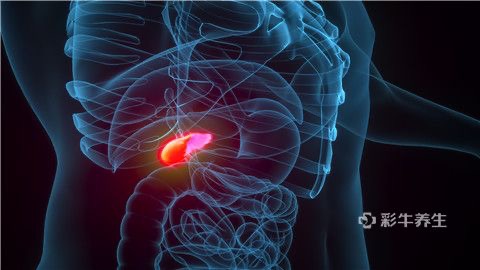
Many people are very puzzled after checking out gallbladder polyps and ask their doctors why they have polyps when they usually don't have any symptoms and don't feel uncomfortable. Most of the symptoms of gallbladder polyps patients are not obvious, just like sometimes there may be some tiny problems in our body, but there is no immediate pain or itching. This is why some people are puzzled by gallbladder polyps and wonder how they can have them. A portion of the population may feel discomfort in the upper right abdomen, like a little annoyance, but the sensation may not be particularly noticeable and can be easily overlooked.
On the other hand, some people may experience some symptoms of indigestion such as oil aversion, diarrhoea, nausea or vomiting. These symptoms may be related to gallbladder polyps, but not everyone will experience these problems because everyone's body reacts differently.
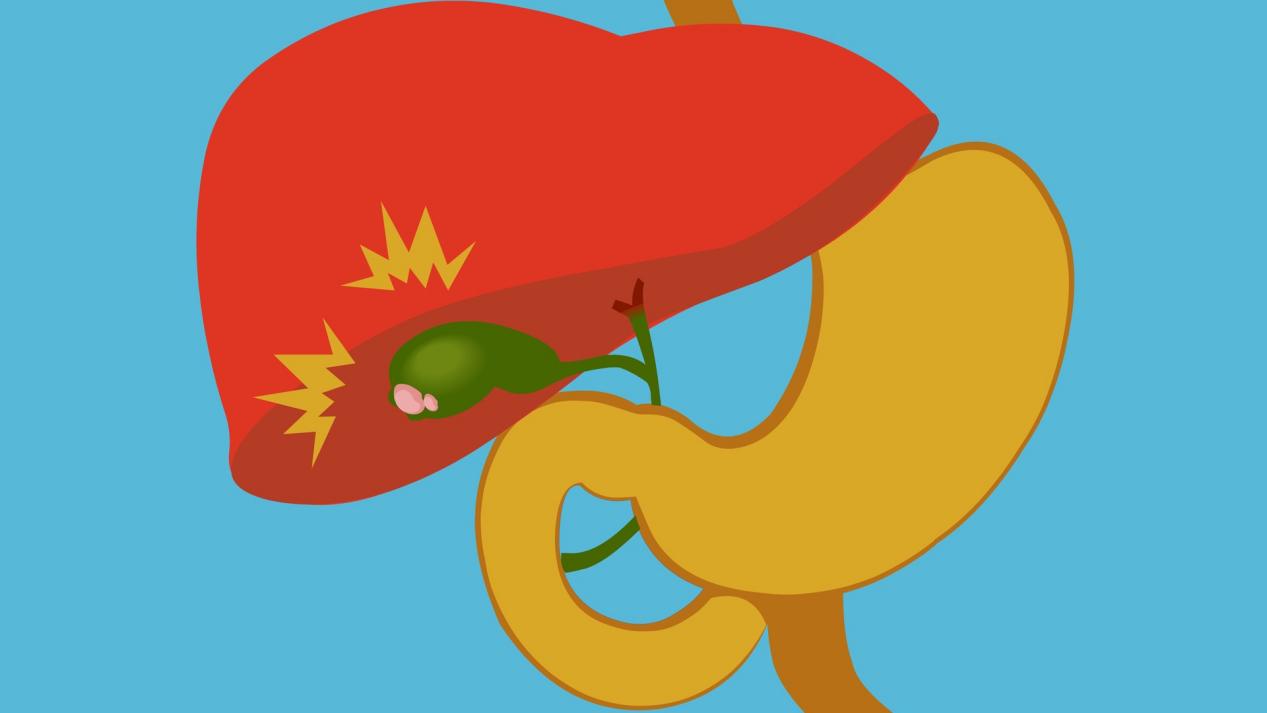
1. Don't eat too much cholesterol: Imagine that cholesterol is like fat. If you eat too many cholesterol-rich foods, they will settle on the walls of the gallbladder like a deposit, like some kind of "grease stain" on the wall. This can eventually lead to the formation of gallbladder polyps.
2. Eat on time, especially breakfast: Just as you work on time every day, bile needs to "work" on time. If you skip breakfast or do not eat regularly, it is like allowing bile to build up in the gallbladder. This is like piling up too much "stuff" in the gallbladder, which may irritate the lining of the gallbladder and cause it to become inflamed, thus increasing the likelihood of gallbladder polyps forming.
3. Diet after surgery: For those who have had their gallbladder removed, it is best to avoid eating too much greasy food. Imagine the gallbladder as the body's "grease dump", but now that it has been removed, be careful not to "dump" too much grease into it, which could lead to indigestion or other problems.
